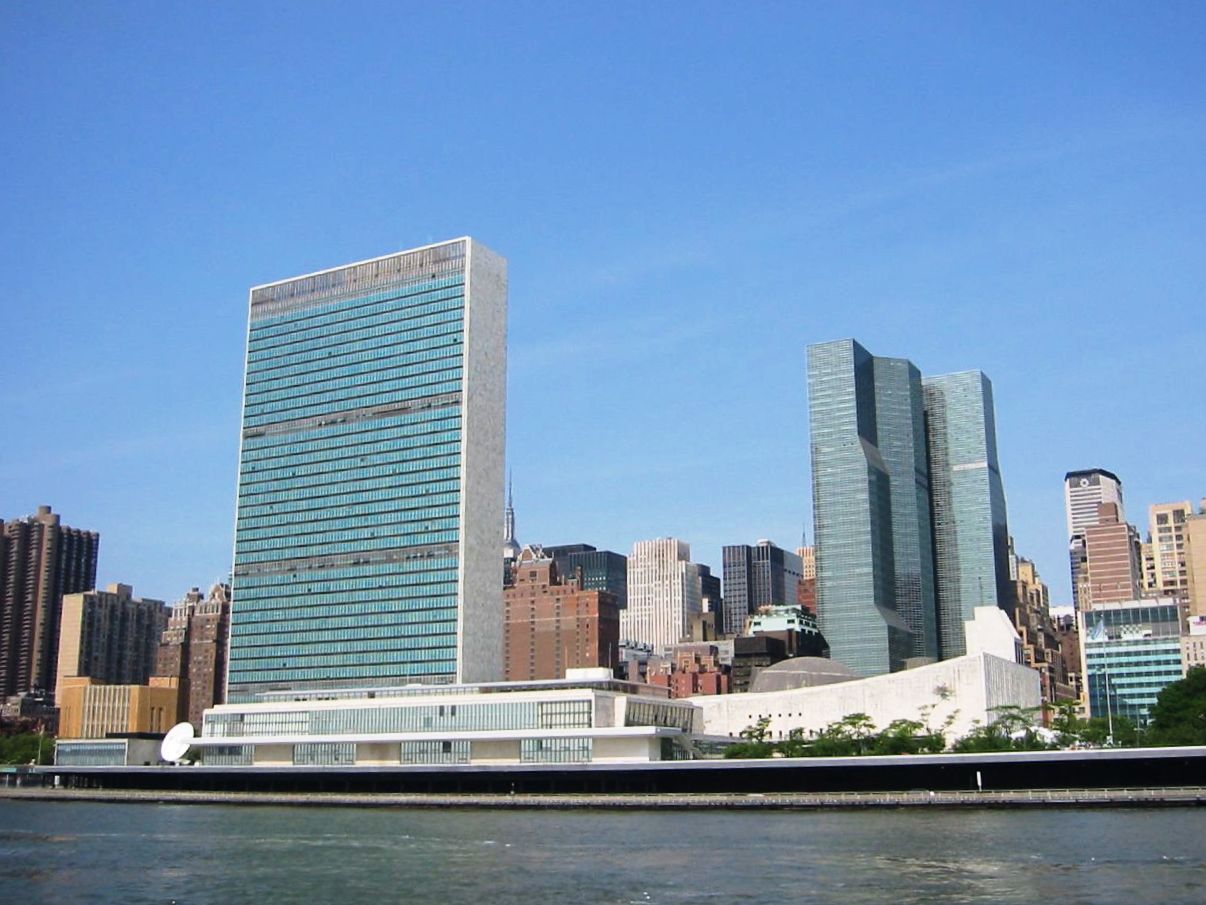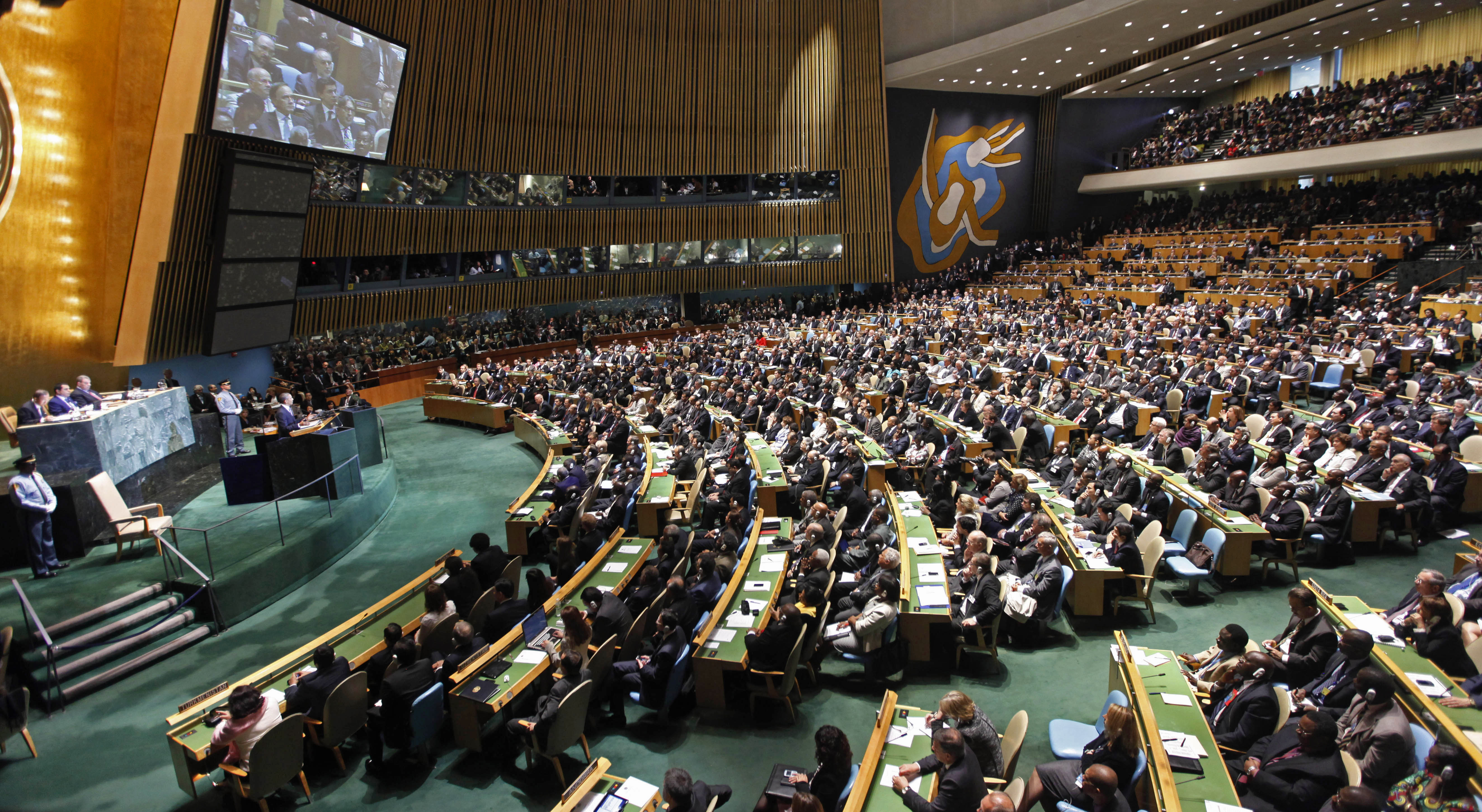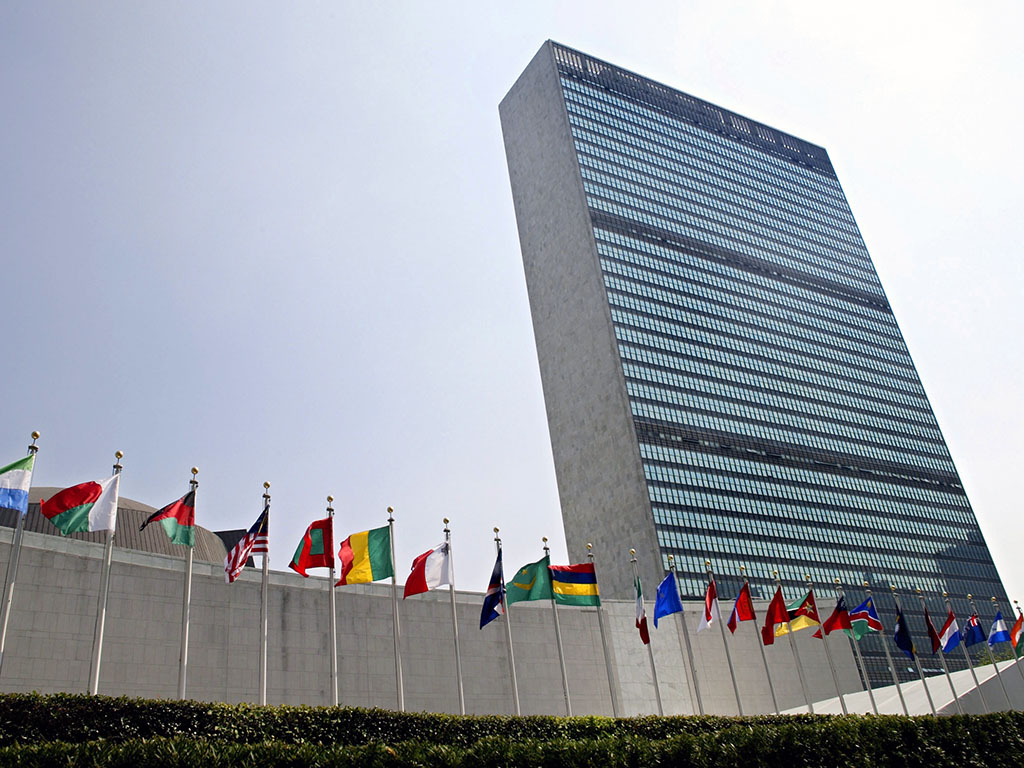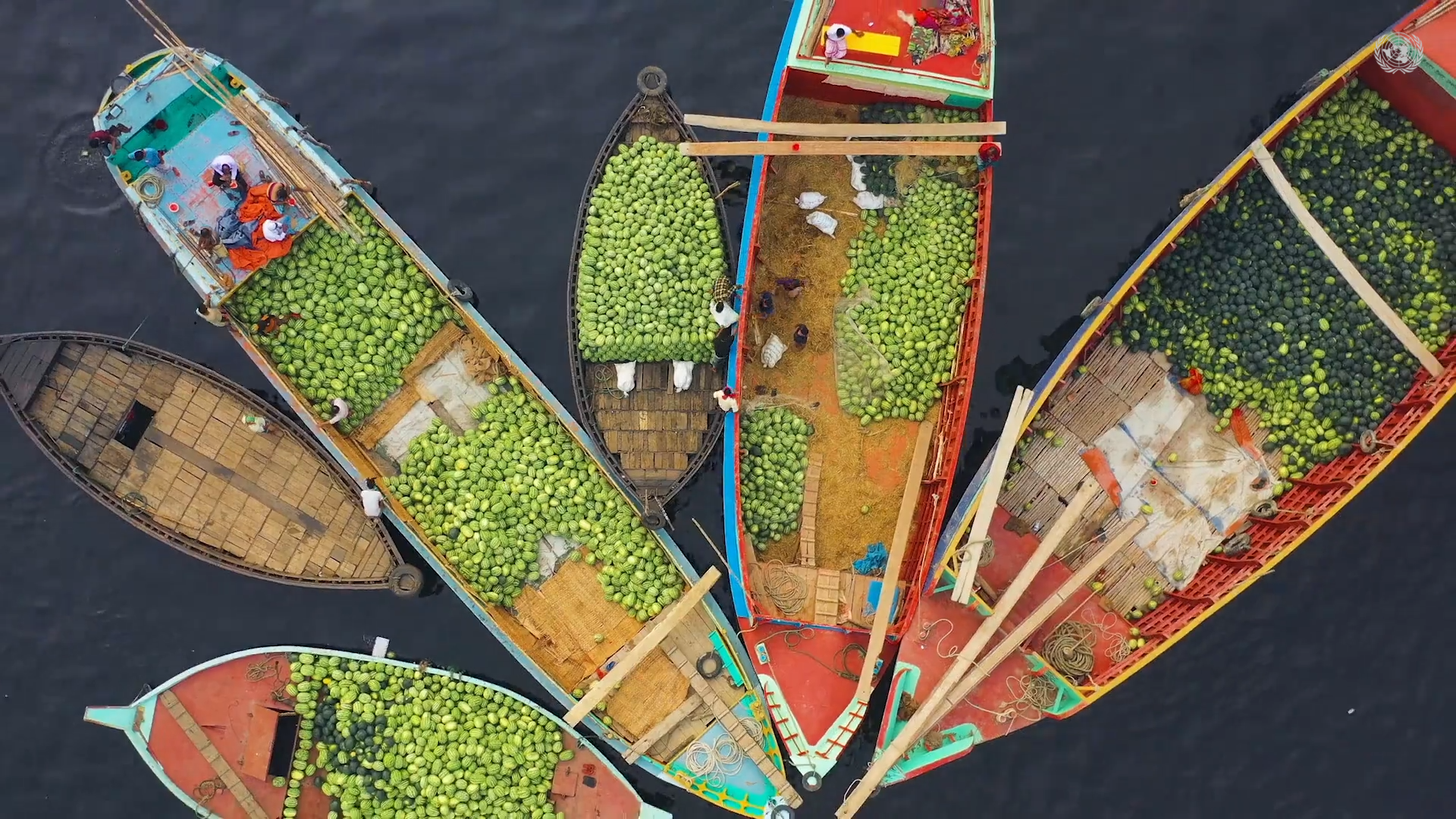This Policy Note compiles perspectives from the Committee for Development Policy (CDP) and its members on different dimensions of a globally just transition to low-carbon and environmentally sustai
SDG #9: Industry, innovation and infrastructure

This short paper briefly describes the methodology of this new index and presents some empirical results. It also presents an extension that covers both export and import concentration.

This Policy Note focuses on the likely impacts, in the short and medium run, of the withdrawal of international support measures, taking into account the nature of these measures and how the identified countries have used them so far. It is available in English and French.

The UK has adopted a new Developing Countries Trading Scheme (DCTS) which makes it easier for graduating LDCs to accede to the intermediary ?Enhanced Preferences? scheme

The general preliminary conclusion is that the impacts on development cooperation will be relatively small, as most development partners do not rely on whether or not a country is an LDC as a primary determinant of their assistance.

The fourth annual review of the VNRs by the CDP providing a systematic content analysis of the VNRs presented to the 2021 HLPF.

New approaches made possible through improved access and Internet connectivity can raise the standard of living for approximately 3.4 billion people living in rural areas, without them having to migrate to cities, according to the newly released 2021 World Social Report “Reconsidering Rural Development.”

Kori Udovicki highlights the insufficiency of mechanisms to channel capital and know-how to small and medium enterprises (SMEs).

We examine globalization's effects on those left behind in both industrial and emerging markets. While access to global markets has lifted billions out of poverty in emerging markets, the benefits have not been equally shared. Increased competition through globalization as well as skill-biased technical change has hurt less educated workers in rich and poor countries. While much of the rising inequality is often attributed to globalization alone, a brief review of the literature suggests that labor-saving technology has likely played an even more important role. The backlash has focused on the negative consequences of globalization in developed countries, and now threatens the global trading system and access to that system for emerging markets. We conclude by proposing some solutions to compensate losers from the twin forces of technical change and globalization.
 Welcome to the United Nations
Welcome to the United Nations
